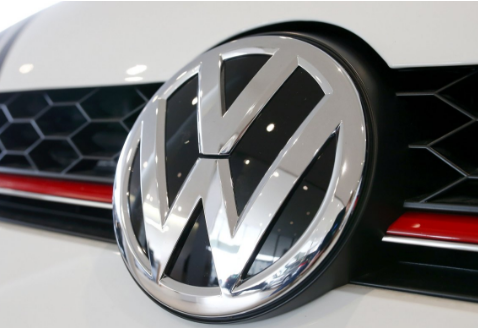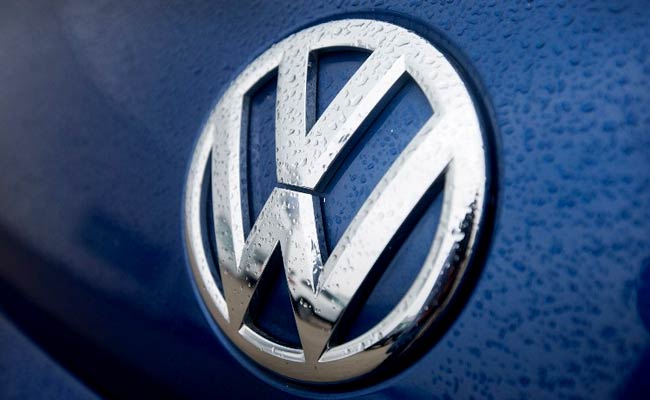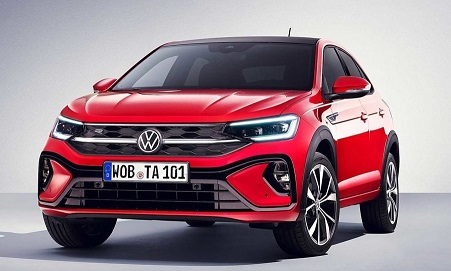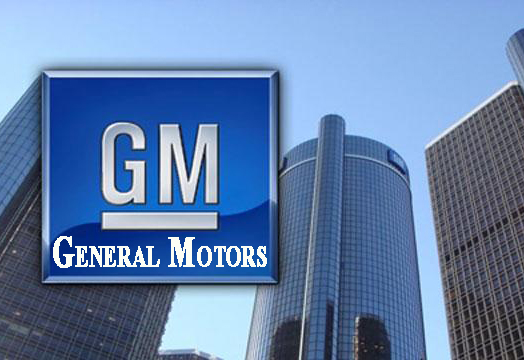Now Reading: Volkswagen welcomes German government’s scheme favoring low-emission cars
-
01
Volkswagen welcomes German government’s scheme favoring low-emission cars
Volkswagen welcomes German government’s scheme favoring low-emission cars

Volkswagen on Wednesday said the German government’s 3 billion euro ($3.57 billion) scheme to favor the low-emission cars sent a strong signal Berlin would help lift the country’s key export industry out of the COVID-19 and climate crises.
Germany on Tuesday earmarked fresh cash for helping the industry, which is dealing with tough competition from Chinese and U.S. rivals in electric mobility, to overcome a downturn in demand caused by the coronavirus crisis.
A central element of the scheme is the allocation of 1 billion euros to extend to 2025 a consumer rebate for buying electric cars that had been due to end next year.
“The extension of the innovation rebate for passenger cars will further accelerate the ramp-up of electric mobility and thus drive the change to sustainable mobility,” said Volkswagen.
“At the same time, by rapidly expanding charging infrastructures, the German government is creating the necessary trust among customers for an easy and smooth transition to e-mobility,” it added.
An extra billion euros will be used for a scrappage scheme for older trucks to help logistics firms and municipalities modernize their fleets while another 1 billion euro fund will fund the innovation.
Stephan Weil, premier of the state of Lower Saxony where the automaker is based, said transformation and digitization processes urgently required a boost.
“The faster a nationwide charging network is created and supplied by renewable energies, the more customers will choose electric vehicles,” said Weil, who is a supervisory board member at the automaker.
Charging spots for electric vehicles in Germany have been presented quickly this year, with the burden to expand largely being placed on utilities, but many spots are underused as only 240,000 wholly electric cars are on the road, according to energy group BDEW.
Stay Informed With the Latest & Most Important News
Previous Post
Next Post
-
 01Polestar Boss Says It’s Time To Outrun BMW M And Mercedes-AMG
01Polestar Boss Says It’s Time To Outrun BMW M And Mercedes-AMG -
 02Spy Shots: 2027 Mitsubishi Pajero Spotted in Testing Ahead of Possible U.S. Return
02Spy Shots: 2027 Mitsubishi Pajero Spotted in Testing Ahead of Possible U.S. Return -
 032026 Toyota Hilux EV: A Powerful Truck with Silent Torque
032026 Toyota Hilux EV: A Powerful Truck with Silent Torque -
![2027 Mercedes-Benz S-Class Debuts with V8 Engine [Photo Gallery]](https://speedlux.com/wp-content/uploads/2026/01/2027-Mercedes-Benz-S-Class-33-155x125.jpg) 042027 Mercedes-Benz S-Class Debuts with V8 Engine [Photo Gallery]
042027 Mercedes-Benz S-Class Debuts with V8 Engine [Photo Gallery] -
 05Spy Photos: VW ID. Polo GTI Goes Electric with 223 HP and 280 Miles of Range
05Spy Photos: VW ID. Polo GTI Goes Electric with 223 HP and 280 Miles of Range -
 062026 Corvette ZR1 Production Surges Past Expectations as Output Clears 1,000 Units
062026 Corvette ZR1 Production Surges Past Expectations as Output Clears 1,000 Units -
 07The Controversial Ford Voodoo V8 That Was Killed Off Too Early
07The Controversial Ford Voodoo V8 That Was Killed Off Too Early



![2027 Mercedes-Benz S-Class Debuts with V8 Engine [Photo Gallery]](https://speedlux.com/wp-content/uploads/2026/01/2027-Mercedes-Benz-S-Class-33-700x394.jpg)










































